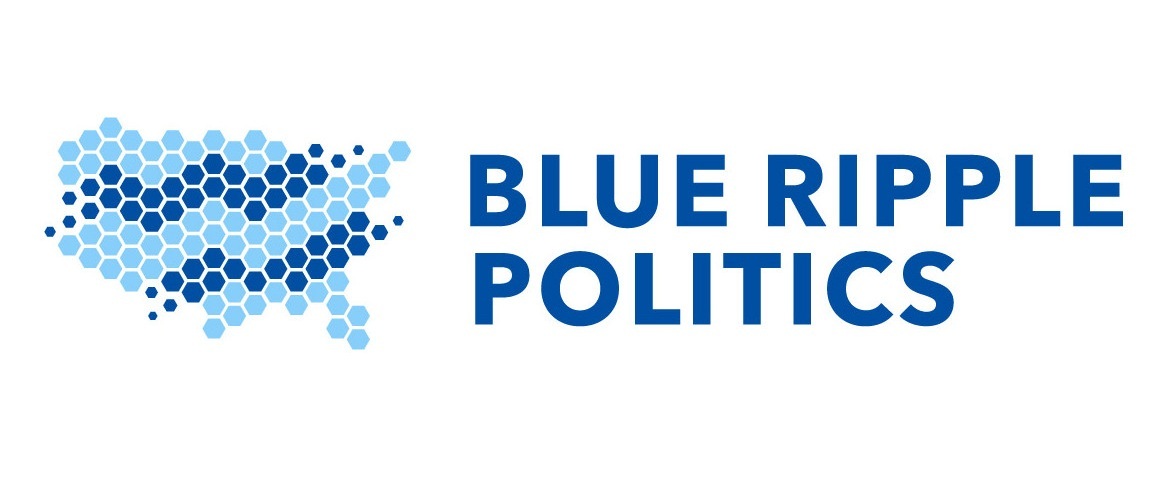WHAT WE DO
We develop new mathematical models of the electorate to help identify races, especially in state legislatures, where donations to Democratic candidates could meaningfully affect the outcomes.
We then collaborate with donor organizers and other groups who want to use our data-driven analyses to inform and empower their fundraising efforts.
OUR “ORIGIN STORY”
Like many “armchair progressives,” after the 2016 election we were … despondent. And angry. And determined to get more involved in American politics. But how?
As we were sucked into the pre-midterms onslaught of progressive political outrage on TV, Facebook, and Twitter, we struggled to decide how to direct our effort and donations. We were energized and inspired by exciting new progressive House candidates, data-rich resources like FiveThirtyEight, and books like “Ratf*cked” by David Daley, and tried to educate ourselves and our friends about gerrymandering, voter enfranchisement, and the importance of down-ballot and state-level elections.
As we spread the word, we found that our progressive friends were grateful for information and inspiration — especially those who, like us, live in deep-blue states and thus feel somewhat disempowered in the voting booth. They craved a clear, de-cluttered, informed take on how to make a difference. And because we travel in geeky circles, many also shared our curiosity about how we could use data to focus progressive efforts and donations for maximum impact.
We decided to try to solve these problems, and in September, 2019, we launched Blue Ripple Politics to bring our efforts to a broader audience. (Lots of blue ripples make a blue wave … get it?) This is a private, not-for-profit, “labor of love,” not formally affiliated with any other organizations, that we operate as a hobby and public service.
Our main focus has been on developing new models of demographic and election data to identify key races where donations of effort or money could have an outsized impact on advancing the progressive agenda.
Since 2022, we have refined our focus to concentrate on state legislatures, which are key players on many issues that are critically important to progressives, like voting rights, gerrymandering, and reproductive rights. In addition, these races can have additional positive effects on overlapping U.S. House districts via a “trickle-up” effect. State legislature races receive less attention from the media and analysts, as well as less donations overall, so our work in this area is more unique and valuable for progressives.
We also now focus more explicitly on partnering with groups like Sawbuck Patriots that have established fundraising networks, rather than trying to raise funds for candidates on our own. These donor organizers use our analyses to refine their recommendations to donors and build data-driven cases for them to support particular candidates.
team
ADAM CONNER-SAX
Adam is a physicist turned algorithmic-stock-trader turned data-scientist. He’s been a progressive voter and donor for years but has wanted to get more involved. Frank’s 2018 “Angry Democrats” fundraising foray was a beacon, signaling one way forward: combine straightforward ideas with thoughtful use of data to highlight races where smaller donations could make a big difference. He’s thrilled to be involved this time around, specifically focused on analyzing larger data sets and issues around turnout, registration and campaign finance. He’s also aiming to keep Blue Ripple Politics focused on how people contribute time as well as money.
FRANK S. DAVID
Frank has had a long interest in analyzing data and clearly communicating its impact, which he has mostly deployed in his career as a biotech consultant. He got hooked on progressive politics when he supported Carolyn Bourdeaux’s 2018 campaign in GA-7 to unseat the long-serving Republican incumbent. Besides Blue Ripple Politics and his day job, Frank plays classical clarinet and is learning jazz drums.
CONTACT US
You can contact us via email (adam@blueripplepolitics.org and frank@blueripplepolitics.org), Twitter, Facebook, or GitHub.

